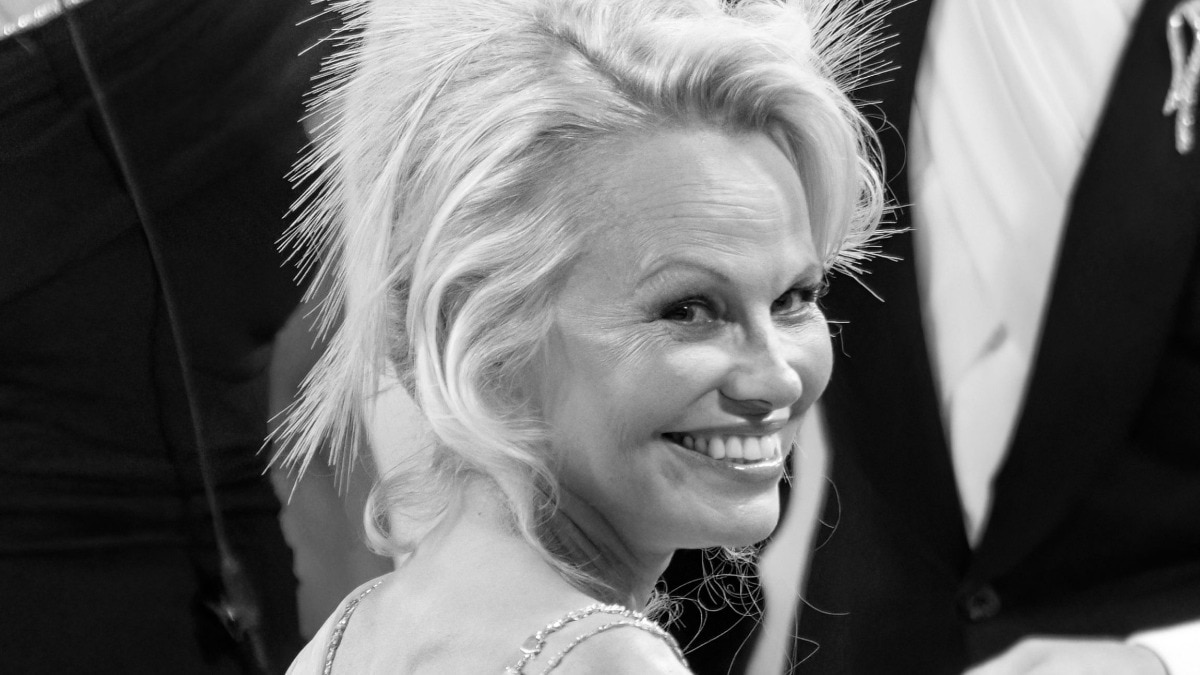
Five simple yet effective ways to boost your longevity, according to experts
From building muscle to eating for your biology, discover the tried-and-true methods to improve your lifespan


Though it might be at the epicentre of wellness right now and an increasing buzzword in the realm of beauty, longevity is in fact an age-old term. It's been used long before the dawn of social media to measure our lifespan and overall health, and denotes how we can improve both the lives we lead now and our future healthspan. "Longevity isn’t just about living longer—it’s about living better for longer," agrees Rosebar at Six Senses Ibiza's leading longevity expert, Dr Mark Hyman.
Much like every other trending term in the ever-growing wellness lexicon right now, 'longevity' is bandied about so much that understanding exactly what it means can sometimes get lost in a sea of viral trends and ill-advised hacks. You need only scroll through social media to see the growing list of longevity advocates, such as Bryan Johnson, recommending often controversial tactics in an attempt to 'reverse' the ageing process. However, with intrigue (and virality) comes growing research, and as such, experts are now connecting the dots when it comes to the role longevity has on everything from the oral microbiome to skin health.
Below, experts break down what longevity actually means, and share five simple yet effective ways to boost yours—from eating for your biology to building muscle and cultivating purpose and connection.
What is longevity?
Longevity refers to the length of time an individual lives, encompassing both lifespan (the total years lived) and healthspan (the period of a healthy, active life). "Longevity is defined as the length or duration of life. It refers to the number of years an individual lives, or to the long-lasting nature of an organ, tissue or system. In human health, longevity simply means a long life," shares Dr Macrene Alexiades, a leading dermatologist and founder of Macrene Actives.
"True longevity means extending not only your lifespan but your healthspan—the number of years you live free from disease, with vitality, energy, and a sharp mind," adds Dr Hyman. "I would describe it as the result of optimising your body’s core biological systems—what I call the '7 biological hallmarks of ageing'—so that you’re not simply surviving into old age but thriving."

5 ways to improve your longevity
Ahead, Dr Mark Hyman outlines how to improve your longevity:
Eat for your biology, not ideology: a nutrient-dense, whole-food, plant-rich, protein-adequate diet can reverse ageing biomarkers and lower disease risk. Prioritise vegetables, healthy fats, fibre, and quality proteins while avoiding ultra-processed foods.
Build and maintain muscle: muscle is the currency of longevity. It’s essential for metabolic health, immune function, and resilience. Strength training and adequate protein intake (especially as we age) are critical.
Address insulin resistance and blood sugar imbalances: the ageing process is accelerated by chronically high insulin and glucose levels. Keeping blood sugar stable with diet, movement and possibly targeted supplements is foundational.
Optimise your mitochondrial function: the mitochondria are your energy factories and are central to ageing. Fasting, polyphenols, strength training, and certain compounds like NAD precursors and alpha-lipoic acid help rejuvenate them.
Cultivate purpose, community, and emotional wellbeing: Connection, purpose, and joy are not soft factors—they are deeply biologically protective. People with strong social ties and a sense of meaning live significantly longer.
What can hinder your longevity?
The modern world isn't exactly a perfect setting when it comes to longevity and there are a number of external and internal factors which are impacting our longevity today. These include:
Ultra-processed foods
Environmental toxins, including plastics, heavy metals and pesticides
Chronic stress and poor sleep
Physical inactivity
Loneliness and disconnection
Untreated chronic inflammation, insulin resistance, and gut health issues
How long does it take to improve longevity?
The body's innate ability to repair itself and respond to lifestyle changes means that it's never too late to look at—and improve—the way you live your life, and ultimately, your own lifespan. "Within a few weeks of implementing the right lifestyle changes—nutrient-dense eating, movement, sleep, stress reduction and targeted supplementation—you can see measurable improvements in markers of biological age, inflammation, insulin sensitivity and more," shares Dr Hyman. Though it will take longer to see certain results—for example, from strength training and fixing your microbiome—you will reap the rewards after only a few weeks.
What is skin longevity?
Aside from lifestyle and diet, Dr Alexiades cites skincare and skin health as important markers of longevity. Though more novel, skin longevity is becoming another fledgling term breaking through the noise, with more beauty brands adopting the term and pivoting away from the antiquated "anti-ageing" terminology that once reigned supreme. "Skin longevity is defined as the skin's ability to maintain its health, structure and function over time. It encompasses preserving the skin’s integrity, cellular function and regenerative capacity over time," she shares.
"Preserving the structure and function of the skin—our largest organ and first layer of protection between us and our environment—is about maintaining health. Looking after our skin longevity is not vanity; nonetheless, when our skin is healthy we look healthy," she adds. This could mean adopting a hardworking skincare routine and prioritising actives that reach the deeper layers of the dermis or looking at the right skincare that protects against environmental and daily aggressors, such as UV rays and pollution.
Prioritising skin health, making lifestyle habits stick and eating for your biology doesn't happen overnight. Think of boosting longevity as a constant practice; it might not happen immediately, but small and consistent changes will have a considerable impact on your lifespan and overall health.
Lead image: Getty Images
This article originally appeared on Harper'sBazaar.com/uk
Also read: The jet-set routine you didn’t know you needed
Also read: “Ozempic Face” is real. But there’s skincare for that










